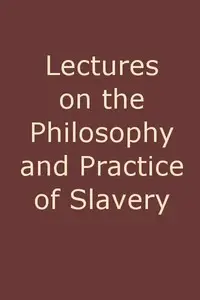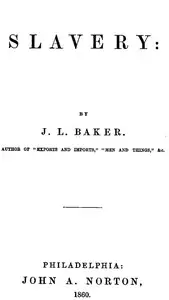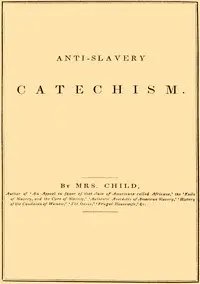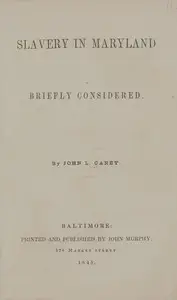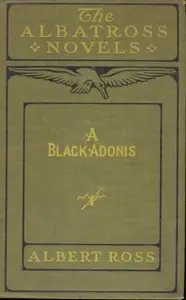"Discussions on American Slavery" by George Thompson and Robert J. Breckinridge is a mid-19th-century account that unfolds as a formal debate between Thompson, a passionate abolitionist, and Breckinridge, a representative of the Presbyterian Church. Their discussions center around the ethics and societal impacts of American slavery. The book dives into the justifications for and against slavery, also bringing to light the responsibilities Americans and Britons faced in addressing human rights issues. The initial letters exchanged between Thompson and Breckinridge set the scene for their Glasgow debate, highlighting the importance slavery had in the 1830s. Both speakers put forward their opinions on Christian morality and societal duty, laying the groundwork for a tense argument. Breckinridge shares his doubts about taking part, while Thompson is keen to defend his opposition to slavery and challenge the views of American ministers and slave owners. The central focus of the book is to influence the audience and support individual arguments on slavery.

Discussion on American Slavery
By George Thompson
Witness a clash of ideals as an abolitionist and a church delegate fiercely debate whether slavery is morally defensible, each fighting to sway public opinion.
Genres
Released
2010-05-23
Formats
epub
epub (images)
epub3 (images)
mobi
mobi (images)
txt
Free Download
Summary
About the AuthorGeorge Donisthorpe Thompson was a British anti-slavery orator and activist who toured giving lectures and worked for legislation while serving as a Member of Parliament. He was arguably one of the most important abolitionists and human rights lecturers in the United Kingdom and the United States.
George Donisthorpe Thompson was a British anti-slavery orator and activist who toured giving lectures and worked for legislation while serving as a Member of Parliament. He was arguably one of the most important abolitionists and human rights lecturers in the United Kingdom and the United States.
Total Reviews
10.0k
Total reviews from Goodreads may change


